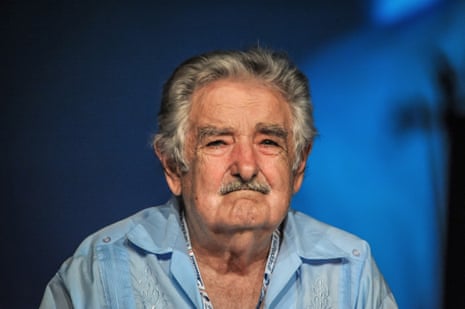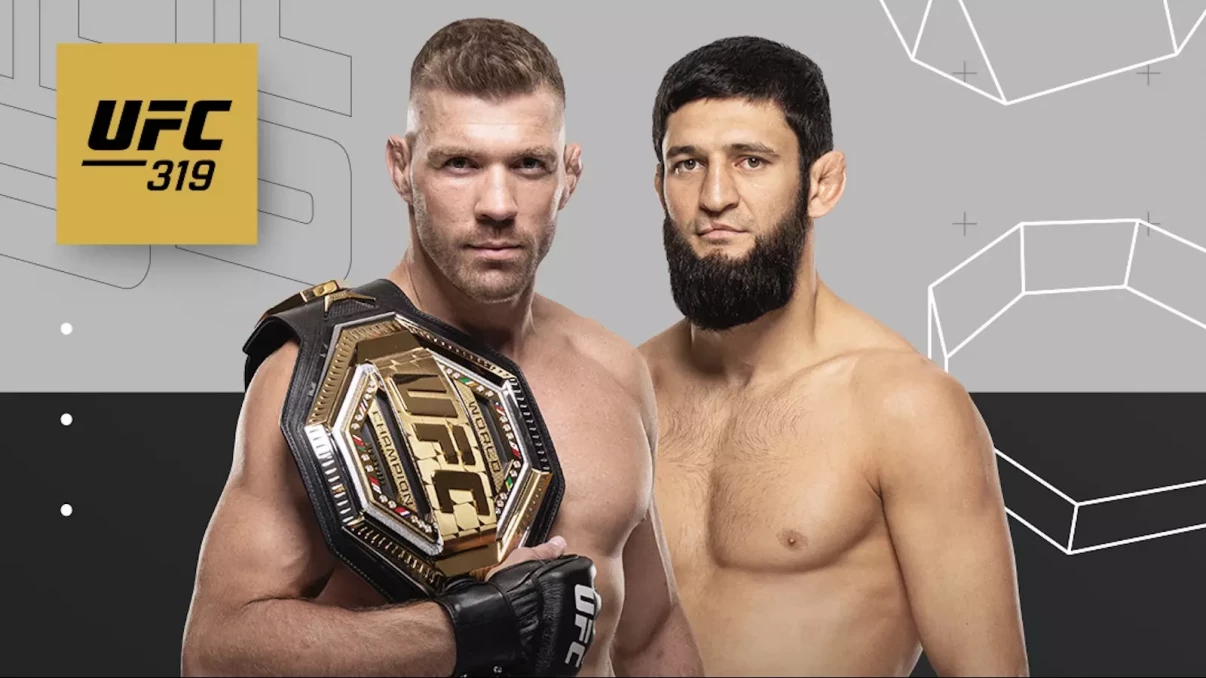
Jose “Pepe” Mujica: The Humble Fighter Who Redefined Power in Politics
Jose Mujica didn’t live like a president. He didn’t act like one either. But maybe that’s why people loved him so deeply. Known to the world as “Pepe,” Mujica was a rebel turned leader, a man who swapped suits for sandals, and who gave away most of his paycheck while in the highest office in Uruguay. He passed away in May 2025 at the age of 89, but his story will continue to inspire those who believe in a better, more honest kind of politics.
Who Was Jose Mujica Before Politics?
Born in 1935 in Montevideo, Mujica grew up in a humble farming family of Basque and Italian roots. His father died when he was just five, and from that point, life demanded hard work. Alongside his sister, he worked on the family’s flower farm while attending school.
Though he began studying law, he left university early as activism pulled him in. By his twenties, Mujica was involved with a student movement, but his political path would soon turn far more radical.
Why Did Mujica Become a Guerrilla Fighter?
In the 1960s, Uruguay was suffering from deep social and economic issues, including high unemployment. Mujica co-founded a guerrilla group called the Tupamaros. They robbed banks, kidnapped political figures, and tried to stir change with explosive acts.
He believed in creating a society without social classes. Mujica claimed he never took a life, even when violence surrounded him. His efforts were idealistic, even if misguided. Eventually, those choices landed him in prison.
In 1971, after a shootout with police, Mujica was convicted and jailed. He spent 14 years behind bars. Some of those years were in solitary confinement. He later said prison gave him time to think and understand himself better.
How Did Mujica Go from Prison to President?
After Uruguay’s dictatorship ended in 1985, Mujica and other political prisoners were released. He and his partner Lucía Topolansky, a fellow former guerrilla, moved to a small farm. They grew flowers and vegetables and slowly returned to politics.
The Tupamaros evolved into a legal political party called the Movimiento de Participación Popular (MPP). Mujica won a seat in parliament in 1995. On his first day, he arrived by moped. The guard mistook him for a courier and asked, “Are you staying long?” Mujica answered, “I hope so.”
In 2005, Uruguay elected its first socialist president, Tabaré Vázquez. Mujica was named Minister of Agriculture. Five years later, he was elected president with 52% of the vote.
What Made Mujica Stand Out as President?
Everything about Mujica was different. He wore worn-out sweaters, old pants, and sometimes sandals to cabinet meetings. He refused to wear a tie, even on official visits. When he did wear a suit, like during his visit to the White House in 2014, it didn’t quite fit.
Despite his appearance, world leaders respected him. President Barack Obama once said Mujica had “extraordinary credibility.” People believed him, not just because of his words, but because of how he lived.
He kept living on his farm, drove a beat-up pale-blue Volkswagen Beetle, and donated most of his presidential salary. Of the $12,500 he earned monthly, he kept only $1,250. That was more than enough, he said.
What Were Mujica’s Major Achievements?
Mujica shook up Uruguay with progressive laws. He legalized same-sex marriage and abortion, which was a bold move in a deeply conservative region. He also pushed for legalizing recreational cannabis, making Uruguay the first country to do so.
He believed this small country was the right place to test new ideas. Under his leadership, poverty, unemployment, and infant mortality all went down. His government saw real results, though not every plan worked.
Big goals like education reform and infrastructure projects didn’t get finished. Some critics on the left accused him of making too many deals with big corporations. Still, most citizens saw Mujica as honest and grounded.
Was Mujica Ever Involved in Scandal?
Unlike many other Latin American leaders, Mujica was never caught in any corruption scandal. He lived simply, spoke plainly, and made people feel like he was one of them. His habit of calling out global institutions also won him fans.
After Uruguay was knocked out of the World Cup, Mujica didn’t hold back. He called FIFA officials “a bunch of old sons of bitches.” People forgave him for the language. They saw him as real.
What Did Mujica Do After Leaving Office?
Even after stepping down in 2015, Mujica stayed active. In 2016, he helped mediate peace talks between Colombia’s government and the FARC rebels. He also hosted a show called Conciencia Sur (The Conscience of the South) on DW’s Spanish-language service.
Journalists often visited him at his modest home with peeling paint. He welcomed them in his garden or study. He never stopped caring, thinking, or speaking out.
What Was Mujica’s Philosophy?
Mujica didn’t believe poverty was about money. One of his most famous quotes says, “It is not the man who has little, but the man who craves more, who is poor.”
He believed freedom was about living with less. His life was proof that power doesn’t have to corrupt. Instead of building walls between himself and the people, he stayed close to the ground, close to his roots.
Why Will Jose Mujica Be Remembered?
Jose Mujica will be remembered not for luxury or ego, but for authenticity, sacrifice, and simplicity. He showed the world that politics doesn’t need to be dirty. It can be decent. It can be human.
He proved that even a former guerrilla, even a man from a flower farm, can lead a nation—and do it with heart.
Pepe Mujica didn’t just change laws. He changed how people saw leadership. And that might be the most powerful legacy of all.
Popular Categories





